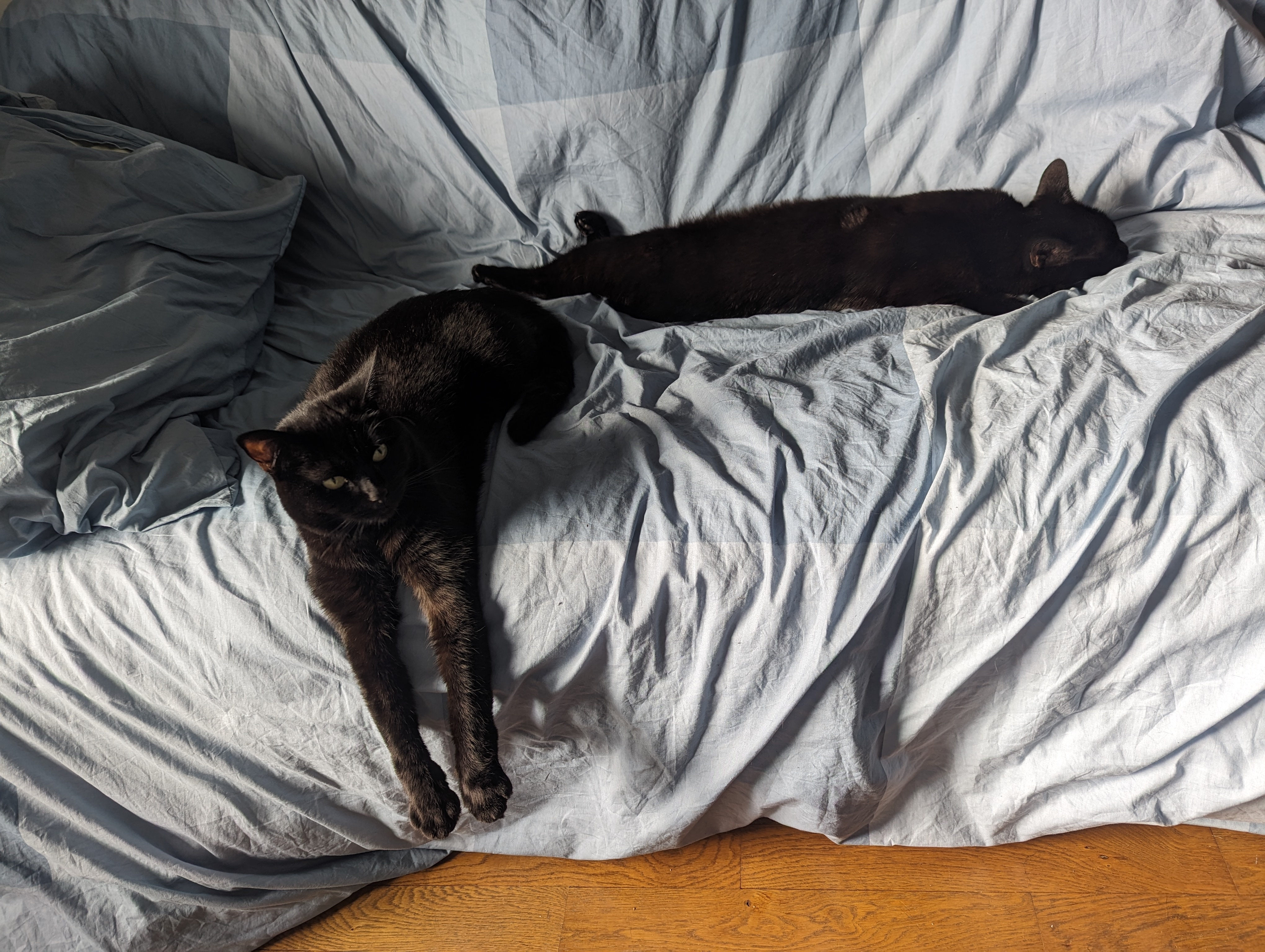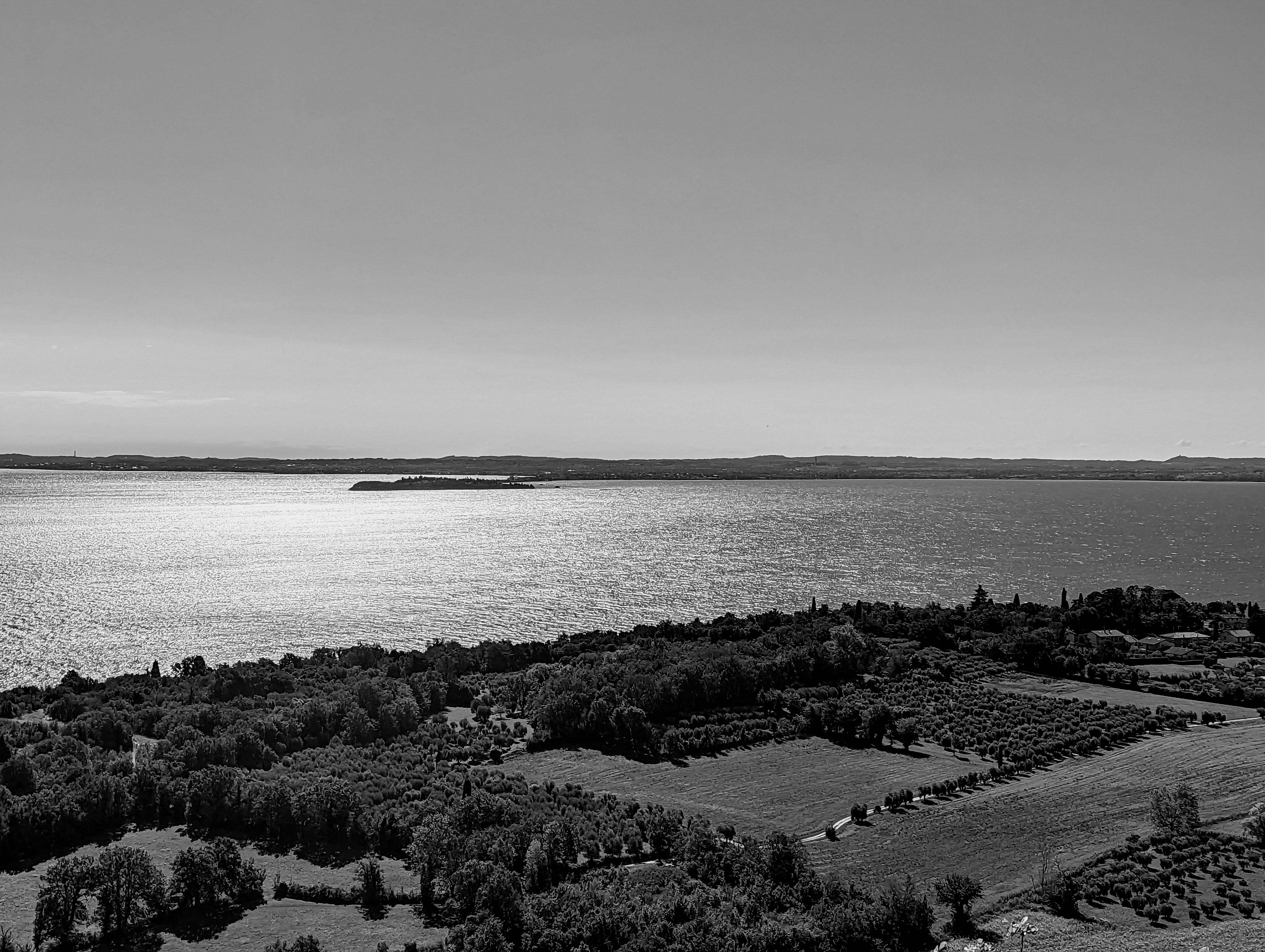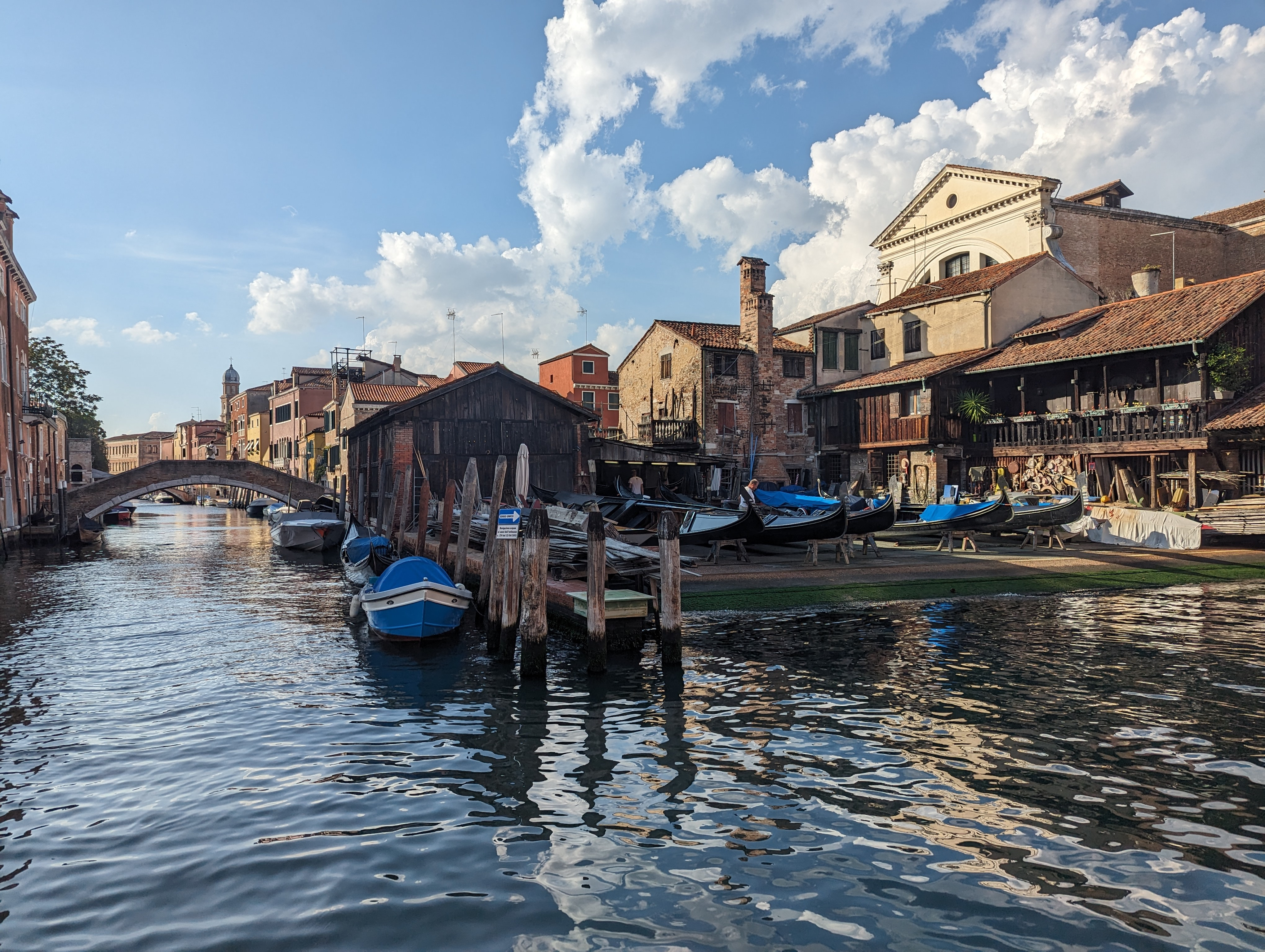Wait until you see the price of climate change and not moving away from fossil fuels then
BestBouclettes
Now list all the fossil fuels related incidents.
Nuclear + renewables is the way to go to stop the climate crisis in the foreseeable future.
Well, TB, GB, MB are decimal (powers of 10). TiB, GiB, MiB are binary (powers of 2). So that's correct.
When you're the ones manufacturing the crisis, it's easier to prepare and profit from it
Even with a bad exit TBF
The difference between an IT person and a tech enthusiast
That's exactly the reason why laws for more surveillance, more repression, harsher sentencing, etc. are ALWAYS a trap. They can always redefine what makes you liable. And at some point they will.
He doesn't even have to believe it, it's been proven time and time again that he is part of a privileged class.
The evidence is pretty overwhelming, they recovered fake planners, with all the receipts, texts, emails, and records where they openly admitted the fraud.
Now when it comes to conviction, it might go sideways because she's the head and the face of RN which is one of the biggest opposition party and has been for the last 20 or so years.
Hopefully, she's not above the law, and this case will set a precedent for decades to come, whichever side it goes.
That's gonna be our 6th of January if she doesn't become ineligible. She has very high chances of winning in 2027.
Oh I don't doubt we'll make it through as a species. But millions, if not billions of people will die. It's a preventable catastrophe and we're just flooring it straight to the edge of the cliff. All that because a handful of people are obsessed with big numbers and lines on a map. It's tragic really.












And ironically enough, Fukushima and Chernobyl have not been that bad for plant and animal life. The area around Chernobyl is thriving because most humans are gone.
Sources: https://www.unep.org/news-and-stories/story/how-chernobyl-has-become-unexpected-haven-wildlife
https://www.nationalgeographic.com/animals/article/060418-chernobyl-wildlife-thirty-year-anniversary-science